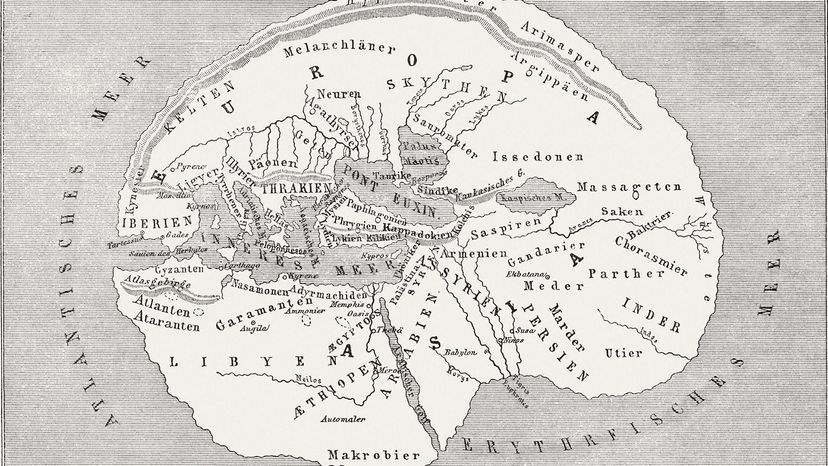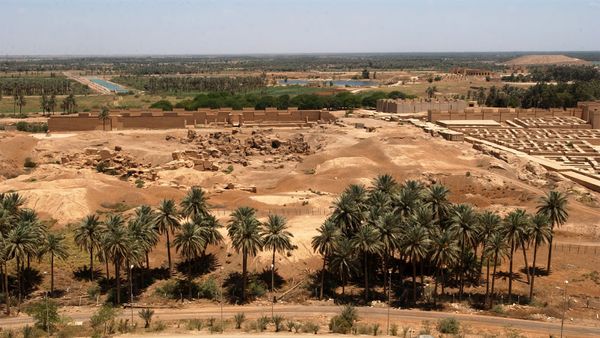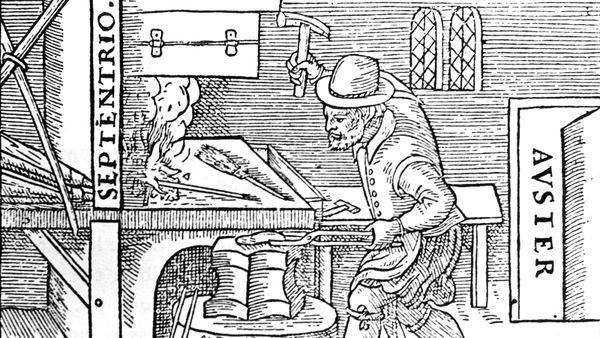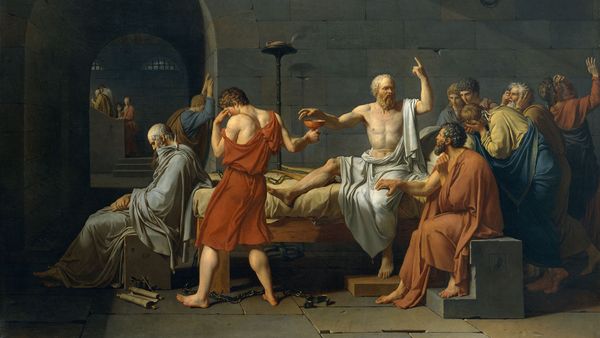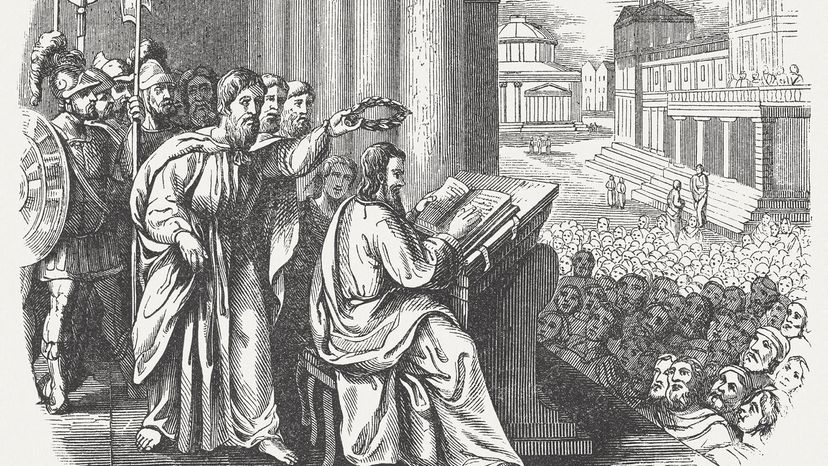
Key Takeaways
- Herodotus, known as the "father of history," wrote "The Histories" without revealing much about his own life or funding sources for his extensive travels.
- Despite criticism for his storytelling style and accuracy, Herodotus is praised for his investigative approach to collecting historical accounts from various sources.
- Herodotus' legacy lies in his pioneering efforts to explain the causal consequences of human events and his role in shaping the foundation of modern historical inquiry.
One of the great ironies about Herodotus, the prolific Greek chronicler of the ancient world known as the "father of history," is that his own history is largely unknown.
Scholars believe that Herodotus was born around 480 B.C.E. in the city of Halicarnassus (now Bodrum in modern-day Turkey), but that's pretty much where the thread unravels. Somehow, he had the means to travel all around the ancient world conducting research and collecting stories for his ambitious magnum opus, "The Histories."
Advertisement
But how? Did Herodotus inherit a bunch of money from his family? Was he a successful merchant or traveling lecturer? Herodotus doesn't say. Experts believe that he must have come from a wealthy family given the breadth of his travels and the fact that his writing style was so polished, which implies that he was highly educated.
"The Histories," written sometime in the later fifth century B.C.E., is a sprawling record of the growth of the Persian Empire over about a century, leading to the defeat of the huge Persian army and navy in Greece in 480-79 B.C.E., in what are called by the Greeks the "Persian Wars." Herodotus takes long and meandering detours describing among other things the amazing city of Babylon, the course of Egyptian history and even the habits of the nomad Scythians north of the Black Sea.
Herodotus himself might remain a mystery, but his voice on the page is personal, engaging and playful, that of a natural-born storyteller with a seemingly endless curiosity to better understand the world around him, past and present.
Scholars haven't always been kind to Herodotus. Until recently, people prized him less as a "serious" historian than as a skilled raconteur who valued the entertainment impact of a juicy tale from the past rather than asking whether it actually happened. But a new generation of historians are rescuing Herodotus's reputation as the true "father of history," a man who traveled to the edges of the known world and interviewed everyone from Egyptian priests to Babylonian farmers, collected stories of powerful queens and Median shepherd girls, in order to make sense of the complex course of human events, both great and small.
Advertisement
